How To Make Rose Water At Home: 3 Easy Methods And Benefits
A step-by-step guide on preparing rose water and ways to include it in your beauty routine.
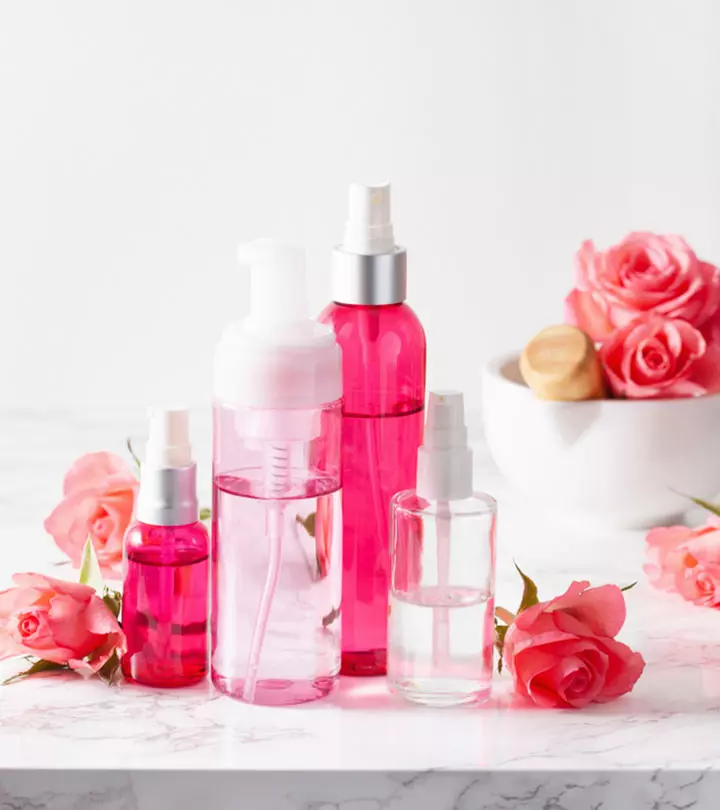
Image: ShutterStock
Whether it is to relieve dry skin or soothe itchiness, a spritz of rose water does the trick. This go-to skin care staple is extremely versatile. And learning how to make rose water at home is the best way to avoid the chemicals and preservatives in commercial products.
Rose water has therapeutic benefits. It is a natural astringent that can restore skin’s pH levels and keep it feeling fresh for hours. Pure and authentic rose water has many uses. You can use it in your DIY facial masks, natural remedies, recipes, food items, and beverages, and use it as a perfume.
The best part is – preparing rose water at home is pretty simple. This article explains three easy ways to prepare rose water at home. You can follow the step-by-step guide explained below and check out the tips to use rose water properly. Scroll down.
 Did You Know?
Did You Know?In This Article
The Benefits Of Rose Water
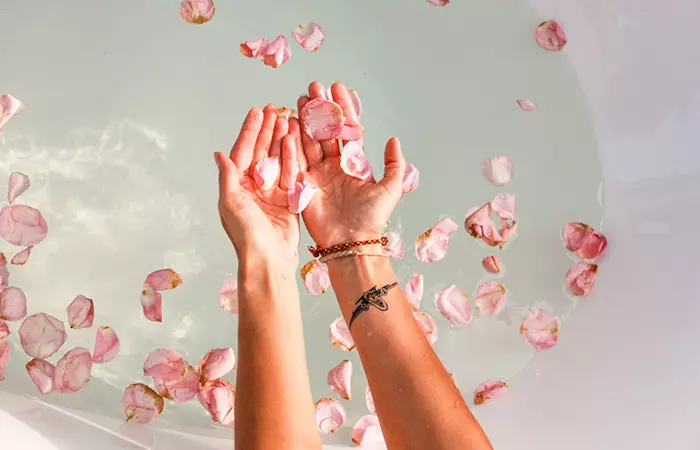
1. Moisturizes The Skin
The rose water benefits for the skin are wide-ranging. It helps keep the skin moisturized and prevents it from feeling dry and itchy.
2. Contains Antioxidants
Rose extracts contain phenolic compounds that work as antioxidants. These phenolic compounds minimize harmful free radicals and have anti-inflammatory, anticancer, and anti-depressant effects (1).
3. Soothes Skin Irritation
is known for its natural anti-inflammatory properties (1). It helps soothe skin irritation, reduce redness and puffiness, and provide relief. It may also help soothe inflammation and itchiness caused by other skin conditions. However, do a patch test before using it.
4. May Heal Wounds
Traditionally, rose oil is used for wound healing (1). It contains rose oil that may improve overall skin health.
5. May Heal Acne
You can use rose water for face to combat acne. The extracts of Rosa damascena (essential oil, hydrosol, and absolute) have antimicrobial properties and are active against many microbes, including S.aureus, which causes acne (1). You may explore different ways of using rose water for acne to keep your skin clear and blemish-free.
6. Improves Mood
The pleasant fragrance of rose water helps enhance the mood and works as an anti-depressant.
Taking vapor therapy with rose oil may also help soothe migraines and headaches (1), (2).
Undoubtedly, rose water has immense benefits. Commercially, it is usually collected through the steam distillation of rose petals. However, here is the exciting part — making rose water at home is not difficult. However, ensure you choose the right roses for making the best quality rose water.
Key Takeaways
- Rosewater moisturizes the skin, soothes skin irritation, and may heal wounds and acne.
- All you need to make rosewater at home are petals of 7-8 roses, 1.5 liters of distilled water, a big pot with a lid, measuring cups, a strainer, and a spray bottle.
- From herbal teas to face packs, you can use rose water in any way you want and reap great benefits.
- However, do a patch test before using it to avoid allergic reactions.
How To Make Rose Water At Home
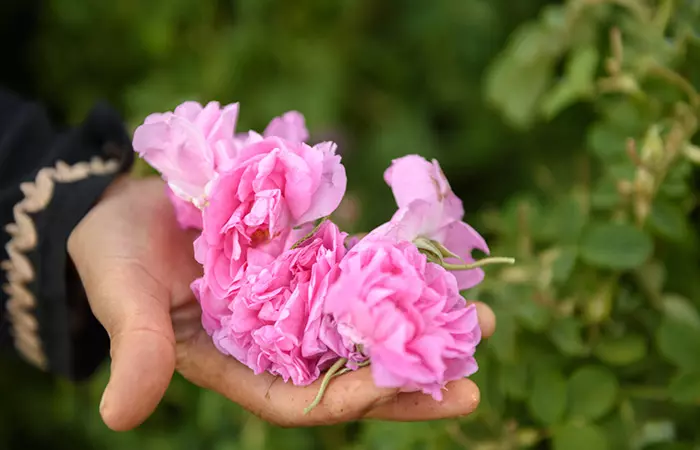
Homemade rose water does not contain any preservatives or artificial additives that are often found in store-bought products. Additionally, when you make rose water at home, you have full control over the quality and purity of ingredients used. For best results, it is recommended to use fresh, organic roses grown without pesticides or harmful chemicals, ensuring a more natural and beneficial product. You may choose roses from the following varieties for preparing rose water:
- Damask Roses: Leda, Hebe’s Lip, Jaques Cartier, Madame Hardy, and Celsiana
- Moss Roses: Henri Martin, Alfred de Dalmas, William Lobb, and Chapeau de Napoleon
- Other Roses: Comte de Chambord, Madame Isaac Pereire, and Reine des Violettes
Once you have picked your roses, follow any of the three methods described below.
Step-By-Step Instructions
Method 1: The Simmering Method
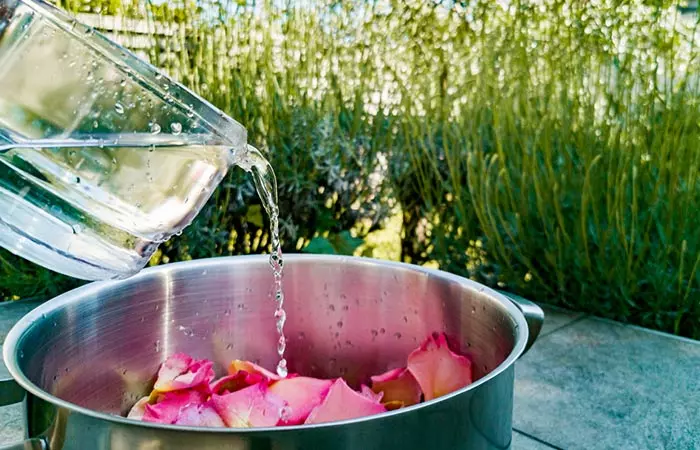
You Will Require
- Petals of 7-8 roses (fresh or dried)
- 1.5 liters of distilled water
- A big pot with a lid
- Measuring cups
- A strainer
- A spray bottle
Method
- Wash the petals with lukewarm water.
- Put the petals in the large pot and pour distilled water in it (just enough to cover them and not more).
- Cover the pot and let the water simmer on low heat until the petals have lost all their color.
- Strain the liquid and discard the petals.
- Store in a glass jar.
Note
: If you wish to maximize the shelf life of homemade rose water, store it in an airtight and dark glass container in a cool, dark place. This keeps it safe from air and light degradation. Ensure that the container is clean to prevent cross-contamination. For even longer freshness and to extend its shelf life up to six months, consider refrigerating your rose water.
Method 2: The Distilling Method
You Will Require
- 5 cups of rose petals (fresh or dried)
- Distilled water (enough to cover the petals)
- A large pot with a lid
- A small glass bowl
- A stone or brick (clean it properly)
- Ice cubes
- A strainer
- A spray bottle
Method
- Place the stone or the brick in the middle of the large pot and keep the small glass bowl on top.
- Arrange the rose petals around the brick. Don’t put any into the small bowl.
- Pour distilled water to cover the rose petals. Ensure the water is just above the top of the brick or stone.
- Invert the lid and place it on the pot. Add ice on top of the inverted lid (the steam will collect on the lid surface and then funnel down to its center and drop on the bowl).
- Boil the water and then let it simmer on low heat for at least 20-30 minutes.
- Add more ice when it melts. Keep doing this until the process is over.
- Strain and store the rose water in a glass jar. It can last up to 6 months if stored in the refrigerator.
Method 3: The Crushing Method
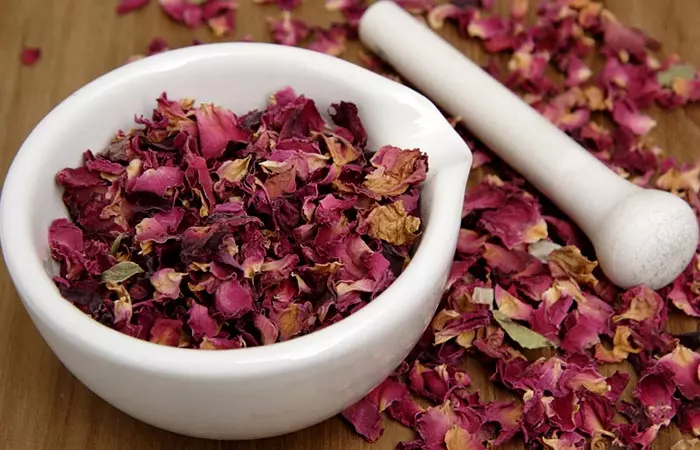
You Will Require
- Petals of 7-8 roses (fresh or dried)
- Distilled water (enough to cover the petals)
- A bowl
- A ceramic saucepan
- A strainer
- A mortar and pestle
- An airtight glass jar
Procedure To Follow
- Crush the rose petals with the pestle and mortar.
- Put the crushed rose petals in the bowl and cover them with distilled water. Use enough water to cover the petals. Let it sit for 2-3 hours.
- Pour the mixture into the saucepan and simmer on low heat for 10-20 minutes.
- Strain the mixture and transfer it to the glass jar.
You can choose any of these three methods to make rose water. Consider factors like how much time you have and how strong you want the rose water to be to pick a method. The simmering method is the fastest and requires simple equipment that is readily available in your kitchen. The crushing method also requires basic equipment. However, it takes more time, as you need to soak crushed rose petals in water for 2-3 hours. The distilling method requires extra equipment but it gives you the purest rose water.
From herbal teas to face packs, you can use rose water in any way you want. Here’s how you can use it for skin care and other purposes.
How To Use Rose Water
1. Rose Water Toner For Face
You Will Need
- 100 ml rose water
- Spray bottle
- 8-10 drops rose oil
- 8-10 drops essential oil (optional)
Method
- Mix all the ingredients and pour the mixture into the spray bottle.
- Spray the toner on your face and neck in the morning and evening.
Shelly, a blogger, shares how she uses rose water as a toner: “I place a small amount of rose water in a bottle and soak a cotton ball with it. Rub on your face like you would use a toner (i).”
2. For Reducing Under-Eye Bags
You Will Need
- 2-3 tablespoons of chilled rose water
- 2 cotton pads
Method
- Soak the cotton pads in the chilled rose water.
- Place them on your eyelids.
- Let them stay for as long as you want, and let your eyes enjoy the soothing effect.
3. As A Makeup Remover
You Will Need
- 2 teaspoons rose water
- 1 teaspoon cold-pressed vegetable oil
Method
- Mix the rose water and the oil.
- Dip a cotton pad in the blend and wipe your makeup with it.
- Wash your face with a facial cleanser.
4. For Extra Moisturization
You Will Need
- Your favorite cream (night or day cream)
- 2 teaspoons of rose water
Method
Mix rose water with your cream and apply it to keep your skin refreshed.
5. As A Hair Rinse
You Will Need
- 2 tablespoons rose water per cup of water (adjust the quantity accordingly)
Method
- Mix rose water with regular water.
- Use the mixture as a post-wash rinse.
6. Anti-Aging Serum
You Will Need
- 1 tablespoon of almond or avocado oil
- 1 tablespoon rosewater
- 25 drops of rosehip oil
- 5 drops ylang-ylang oil
- 5 drops geranium essential oil
Method
- Mix all the ingredients in a bottle.
- If the blend is not fragrant enough, add a little more rosewater.
- Apply it all over your face and neck.
- Remember to shake the bottle well before using it.
7. As A Face Pack For Acne
You Will Need
- 1 tablespoon of rose water
- 1 tablespoon of gram flour
- 1 teaspoon of orange juice
- A pinch of turmeric
Method
- Blend all the ingredients to make a creamy paste. If the consistency is too thick, add more rosewater to it.
- Clean your face and apply the pack, focusing on the affected area.
- Leave it on for 15-20 minutes and then wash it off.
- Apply rose water as a toner.
8. For Soothing Your Sunburn
You Will Need
- ¼ cup rose water
- ½ tablespoon aloe vera juice
Method
- Add all the ingredients to a bottle and shake well.
- Apply it to the affected areas.
9. Natural Body Perfume
You Will Need
- ½ cup of rosewater
- ½ cup of coconut milk
- A fistful of dried rose petals
Method
- Prepare a soak by pouring all the ingredients into the bathtub.
- Scatter the dried rose petals on top, lie back and relax!
10. As A Food Additive
You Will Need
- 1 tablespoon of rose water
Method
Add a tablespoon of rose water to custard, cake mixes, lemonade, or plain yogurt for added flavor.
 Trivia
TriviaSheila, a beauty vlogger, shares the impact of rose water on her skin: “I have felt the difference on my skin. It has evened out my skin tone as I had a dark patch over my head and around my nose and cheekbones (ii).”
Topical application of rose water provides various benefits to your skin. But can you consume it to reap its benefits? Find out in the next section.
Can I Drink Rose Water?
Yes, you can drink rose water, but it is essential to ensure that it is food-grade and free of additives or preservatives. Rose water is typically used in culinary dishes and beverages for its subtle floral flavor and aroma. It can also be added to various desserts and beverages.
Drinking rose water in moderation is generally safe. Anecdotal evidence suggests that doing so may potentially aid in digestion and provide a sense of relaxation due to its pleasant fragrance. However, avoid excessive consumption as it may lead to digestive discomfort. Always check the nutritional label to confirm that the rose water is intended for culinary use before you ingest it.
Infographic: How To Make Rose Water At Home: 3 Easy Methods
Many skin care products feature rose water as a key ingredient. This is all thanks to its wonderful soothing properties that can help address many skin issues.
Whether you are concerned about products that contain artificial ingredients or want to reap the benefits of rose water naturally right at home, we have got your back.
Check out the infographic below to learn more about rose water, right from how to make rose water at home to how it can help you rejuvenate your skin! Illustration: StyleCraze Design Team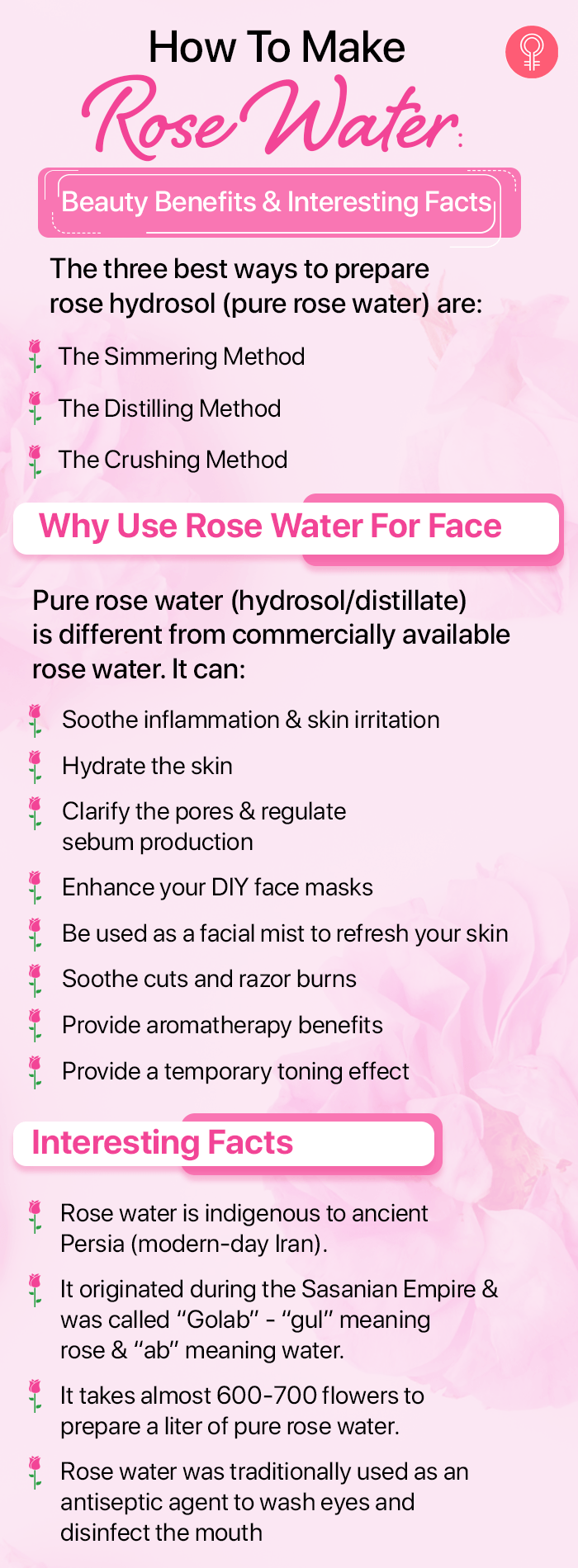
 Fun Fact
Fun FactRose water is widely used in aromatherapy, herbalism, skincare, and even cooking. Knowing how to make rose water is the best way to switch from commercial products to a healthier and long-lasting alternative. Incorporating rose water into your daily skincare routine will keep your skin hydrated, reduce puffiness and acne, and improve your overall skin health. Once you pick the rose of your choice, you can either opt for the distilling method, crushing method, or simmering method. You can use rose water as a toner, makeup remover, face pack, or body perfume as per your needs.
Frequently Asked Questions
Does rose water lighten skin?
Yes, rose water may help lighten skin and even the skin tone (3). In addition, it helps clean up residual dirt and dead cell buildup, which helps the skin look cleaner and radiant.
What are the side effects of rose water?
Rose water may cause a burning or stinging sensation, redness, or irritation in some individuals.
Can I leave rose water on my face overnight?
Yes, you may leave rose water on your face overnight for smooth and supple skin. You can use a combination of rose water and glycerin for adequate hydration and enhanced skin health.
Does rose water help hair growth?
Yes, rose water may help hair growth as it contains essential vitamins such as vitamins A, B3, C, and E.
Does rose water darken skin?
No, rose water does not darken the skin. On the contrary, it helps reduce pigmentation and makes the skin look lighter.
Illustration: How To Make Rose Water At Home: 3 Easy Methods And Benefits
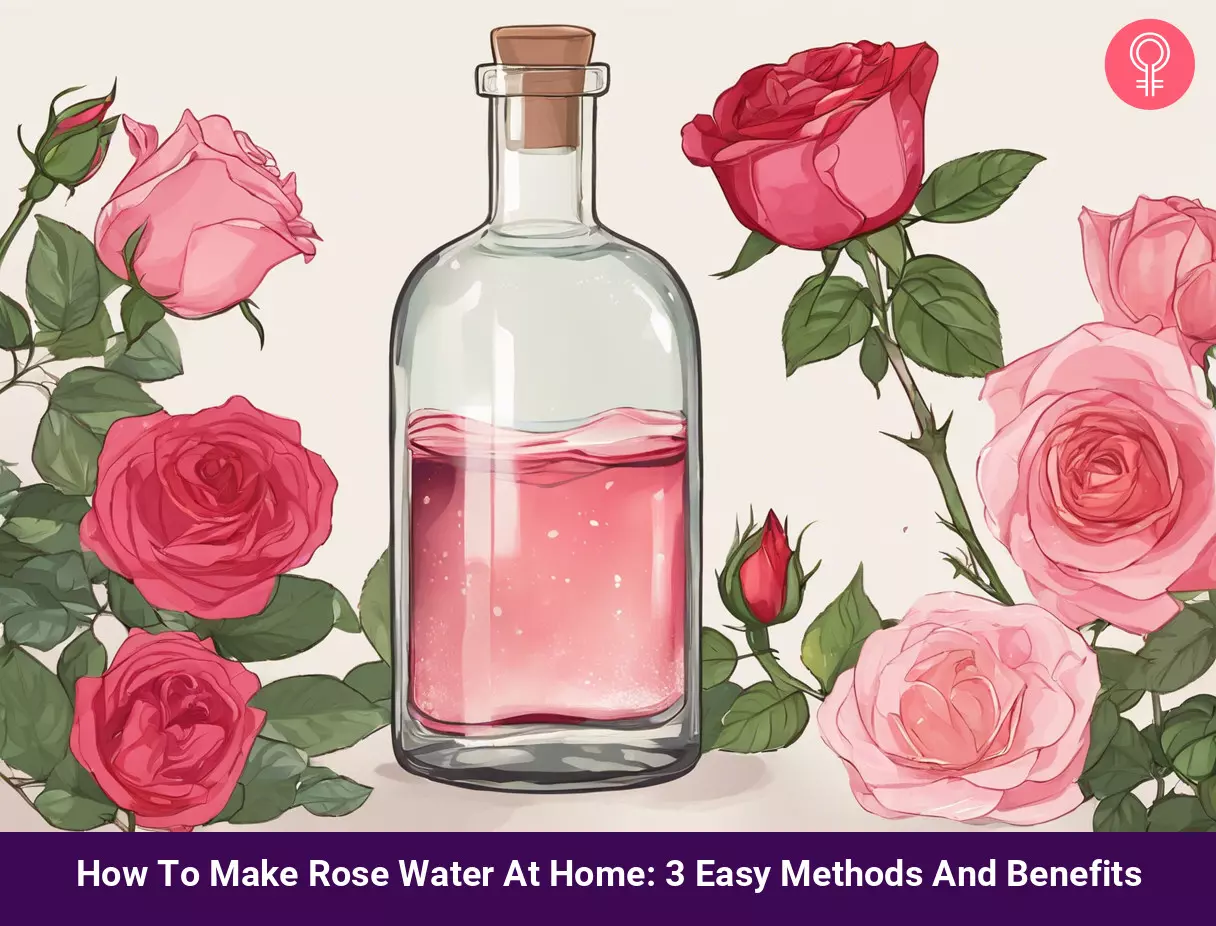
Image: Stable Diffusion/StyleCraze Design Team
Discover the amazing beauty benefits of rose water! Learn how to make your own rose water and use it to nourish your skin, hair, and nails from the informative video below. Watch it now and get ready to glow!
Personal Experience: Source
StyleCraze's articles are interwoven with authentic personal narratives that provide depth and resonance to our content. Below are the sources of the personal accounts referenced in this article.
i. How to Easily Make Homemade Rose Water
https://frugalfamilyhome.com/home/diy/homemade-rose-water
ii. How To Use Rose Water CORRECTLY And Glow
https://www.youtube.com/watch?v=6dSWb4WYzWc
References
Articles on StyleCraze are backed by verified information from peer-reviewed and academic research papers, reputed organizations, research institutions, and medical associations to ensure accuracy and relevance. Read our editorial policy to learn more.
- Pharmacological Effects of Rosa Damascena
https://www.ncbi.nlm.nih.gov/pmc/articles/PMC3586833/ - Antidepressant-like effect of aqueous extract from Rosa damascena in mice https://www.researchgate.net/publication/288822801_Antidepressant-like_effect_of_aqueous_extract_from_Rosa_damascena_in_mice
- https://www.researchgate.net/publication/342614717_Rose_Petal_Extract_Rosa_gallica_Exerts_Skin_Whitening_and_Anti-Skin_Wrinkle_Effects
- Pharmacological Effects of Rosa Damascena
https://www.ncbi.nlm.nih.gov/pmc/articles/PMC3586833/ - Antidepressant-like effect of aqueous extract from Rosa damascena in mice https://www.researchgate.net/publication/288822801_Antidepressant-like_effect_of_aqueous_extract_from_Rosa_damascena_in_mice
- https://www.researchgate.net/publication/342614717_Rose_Petal_Extract_Rosa_gallica_Exerts_Skin_Whitening_and_Anti-Skin_Wrinkle_Effects
Read full bio of Dr. Zeel Gandhi
Read full bio of Ramona Sinha
Read full bio of Eshna Das
Read full bio of Shiboli Chakraborti






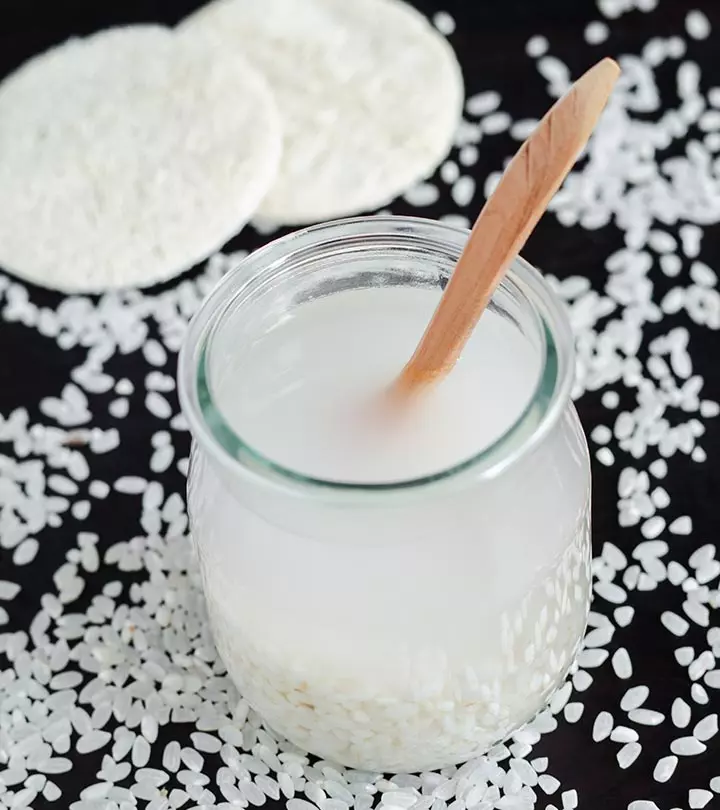
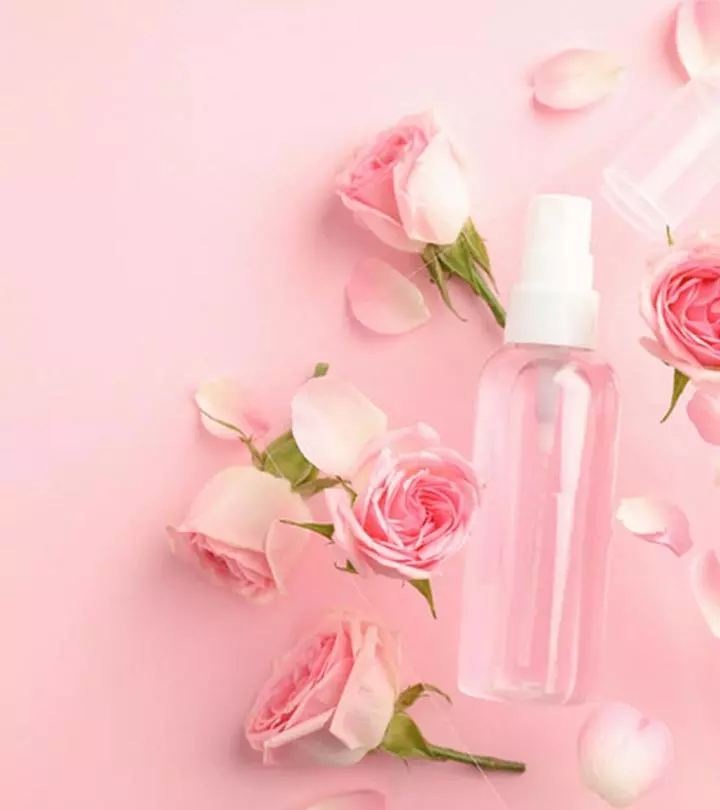
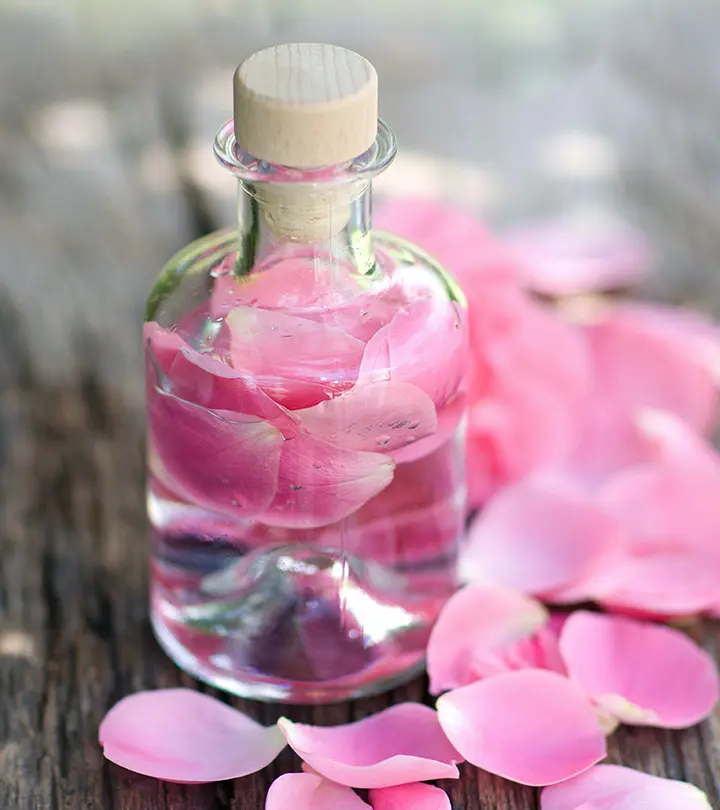
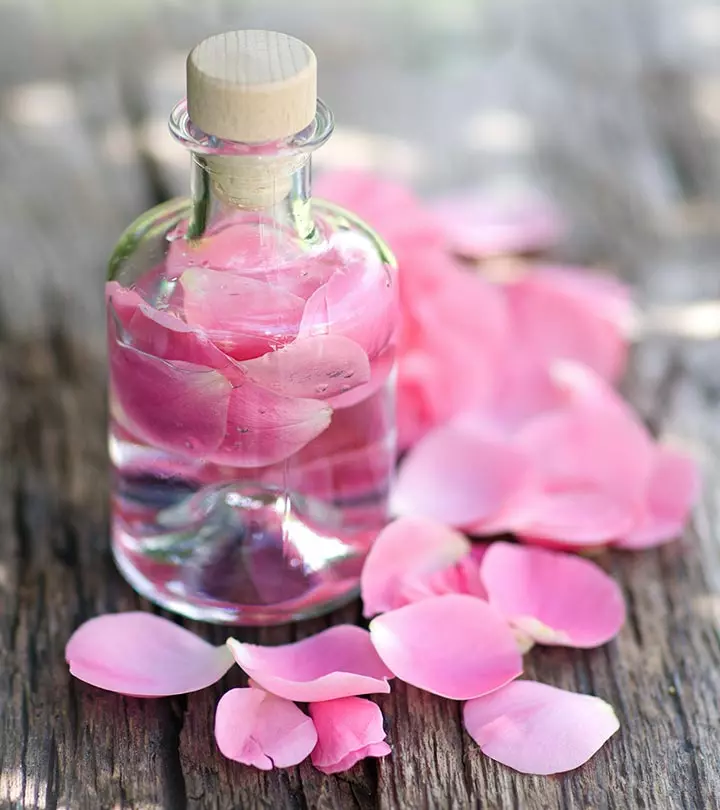
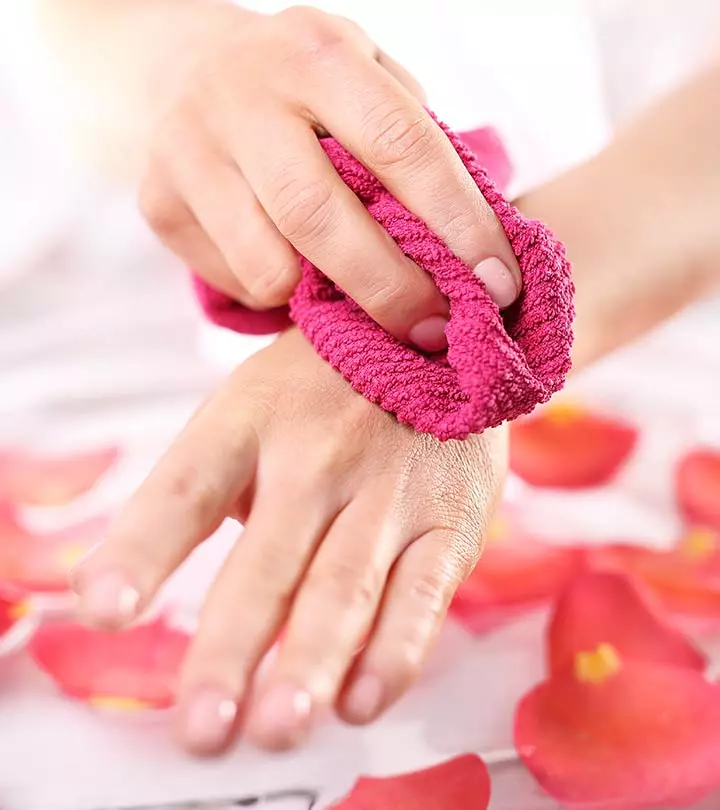
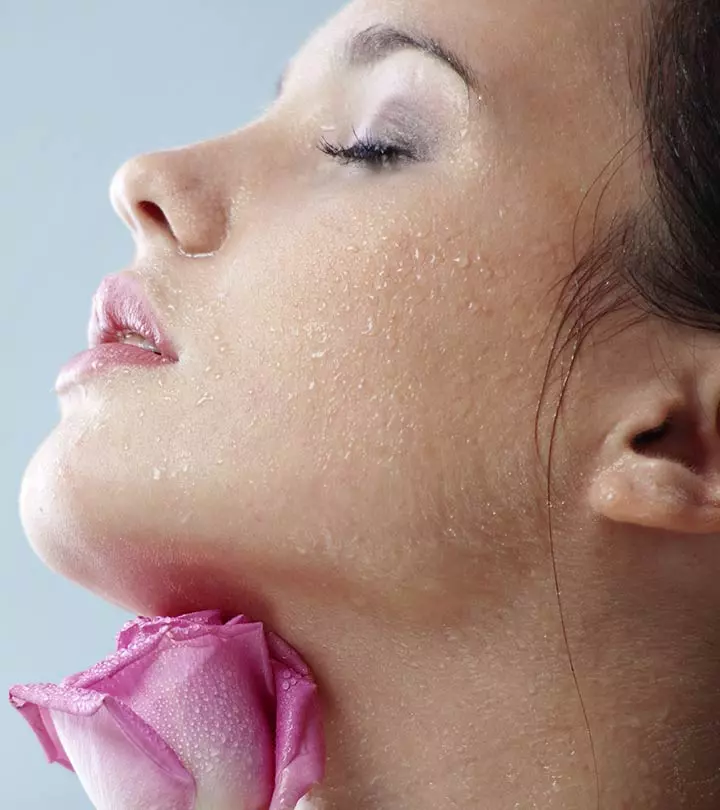
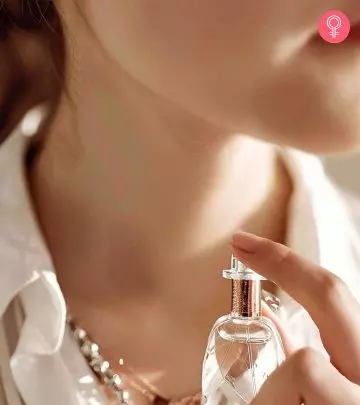
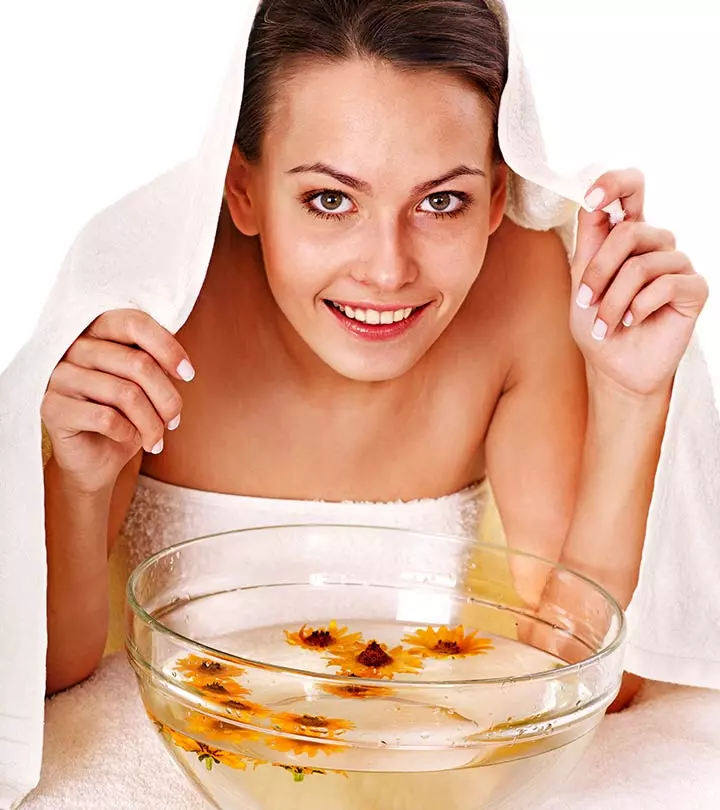
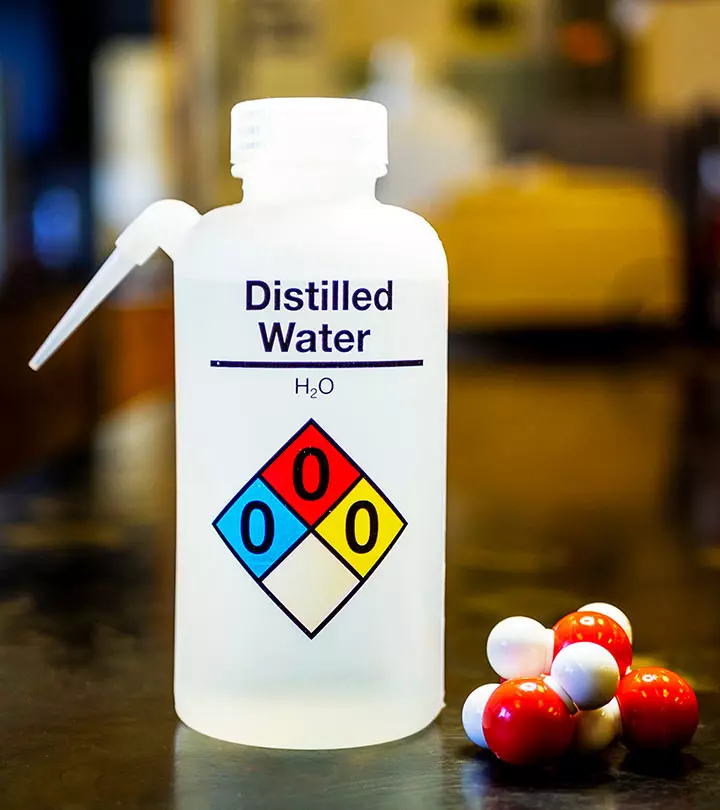
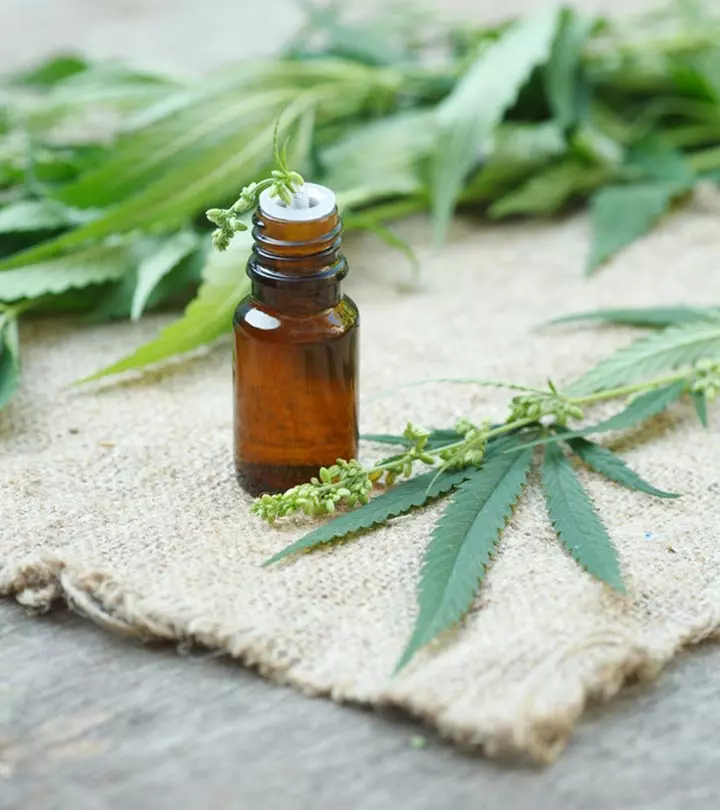

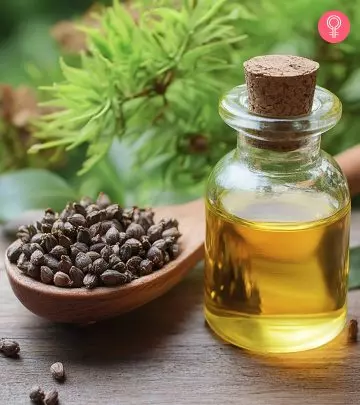
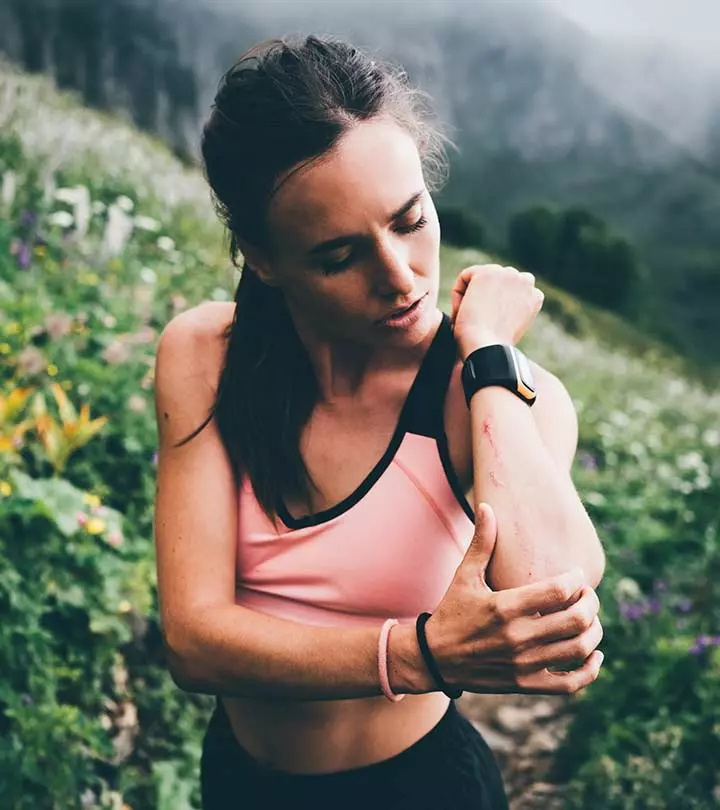

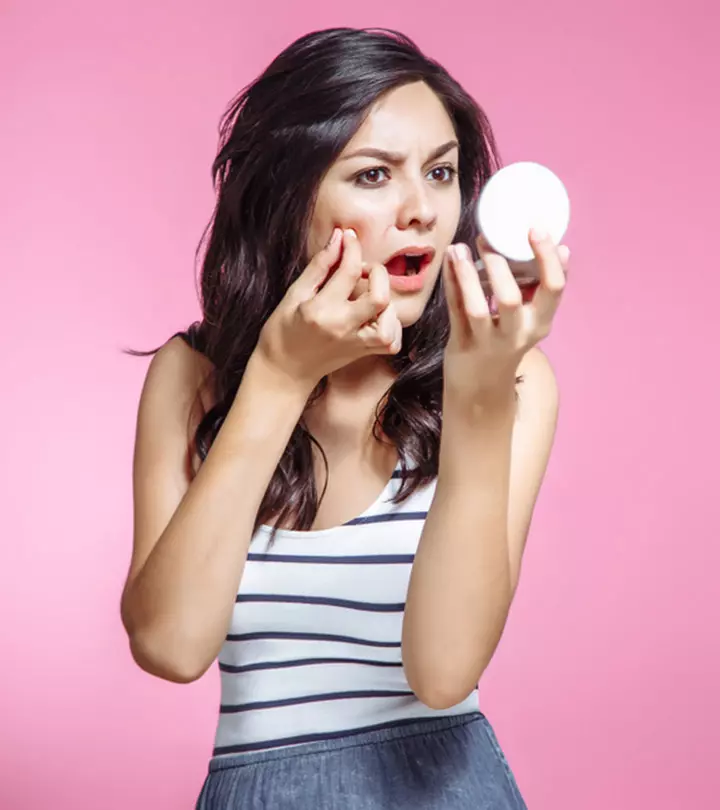
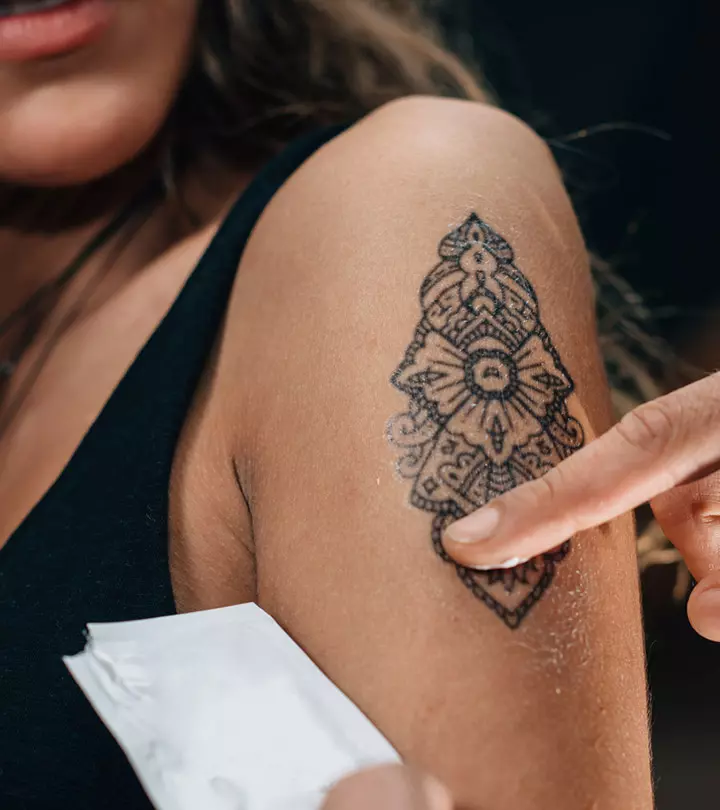
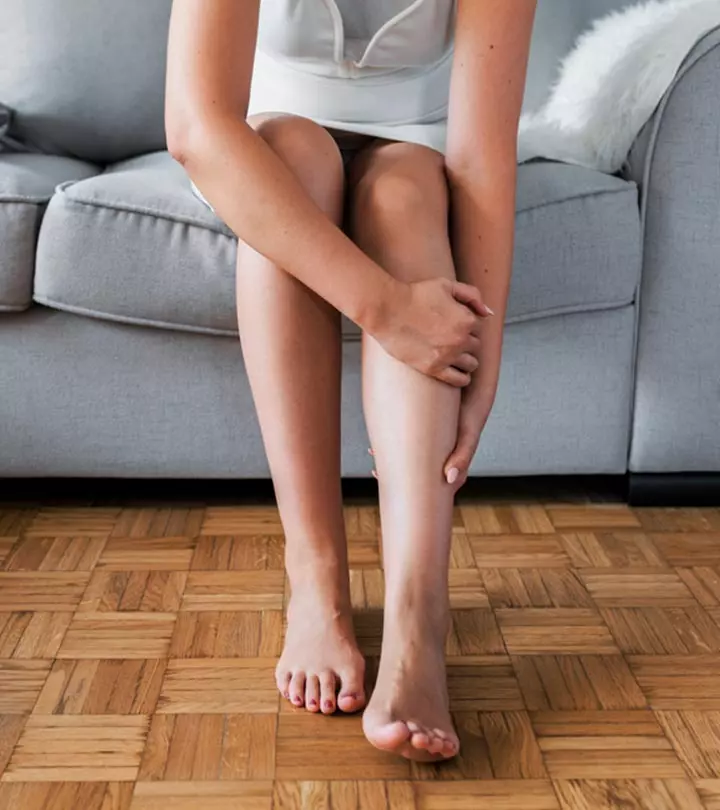

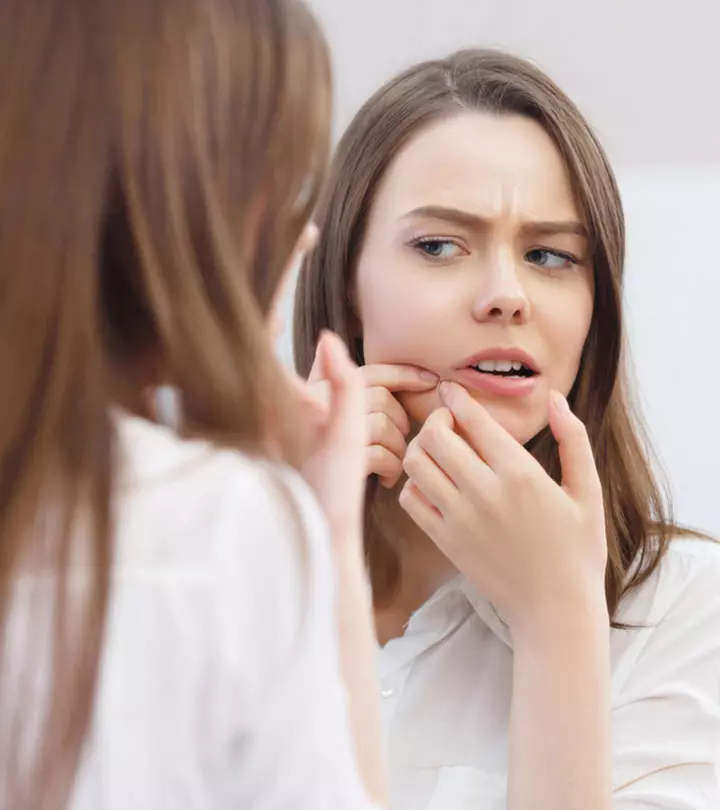
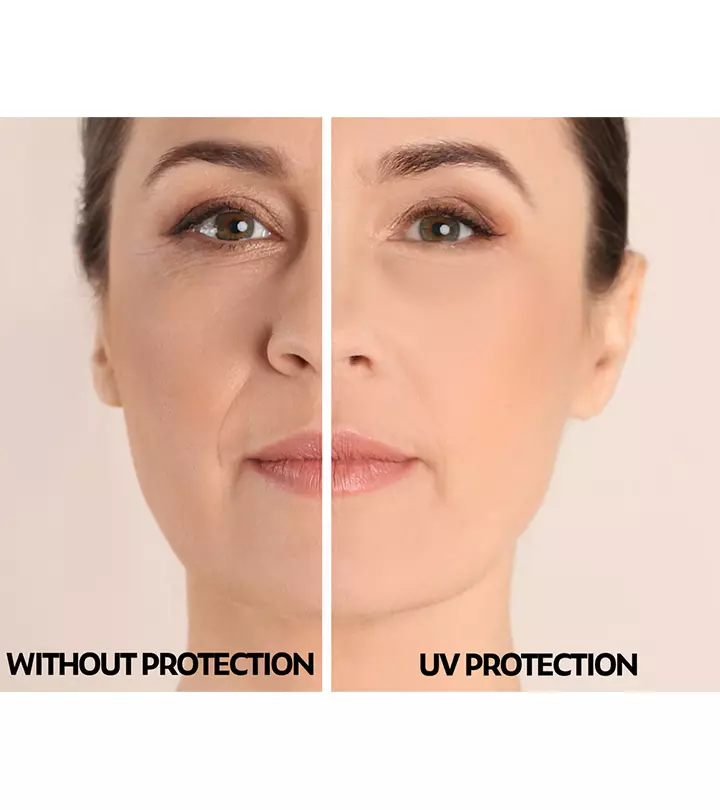
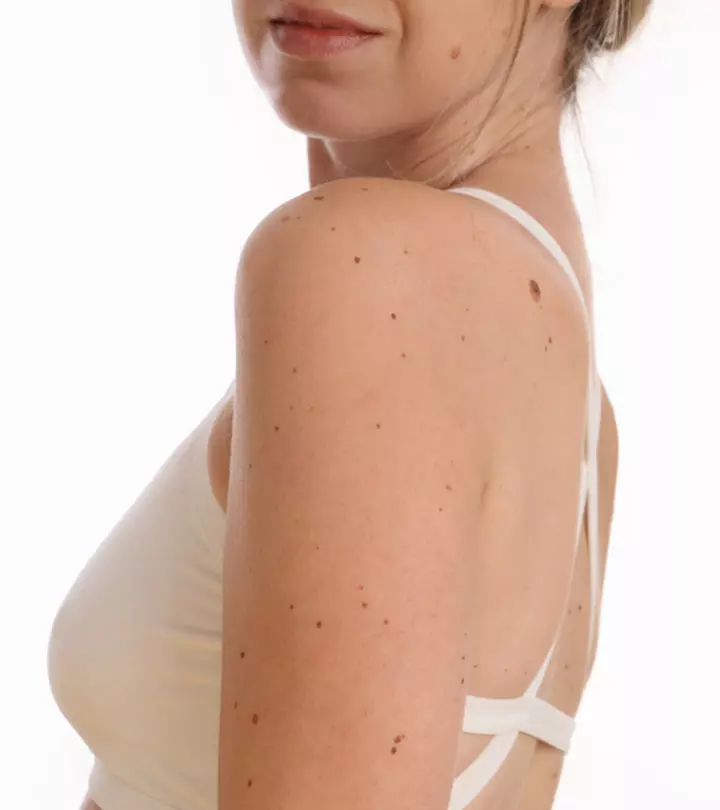
Community Experiences
Join the conversation and become a part of our empowering community! Share your stories, experiences, and insights to connect with other beauty, lifestyle, and health enthusiasts.